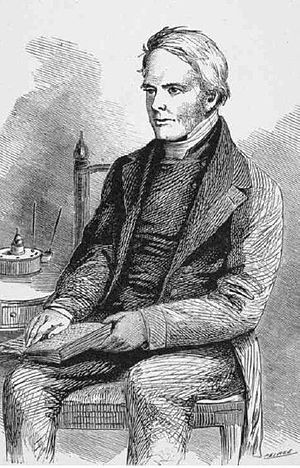From the Episcopal News Service, November 28, 2011, reported the conclusion of the disciplinary charges made against the Rt. Rev. Mark Lawrence:
“The Episcopal Church‘s Disciplinary Board for Bishops Nov. 28 said it cannot certify that Diocese of South Carolina Bishop Mark Lawrence has abandoned the communion of the church.
“‘Based on the information before it, the board was unable to make the
conclusions essential to a certification that Bishop Lawrence had
abandoned the communion of the church,’ the Rt. Rev. Dorsey F. Henderson
Jr., board president, said in a statement e-mailed to Lawrence and
reporters.”
I am thankful for this. After working 20 years in higher education, I can say that I’ve found (pseudo) liberals (in name only) to be particularly exclusive and spiteful despite their demand for the right of radical “inclusion.” Whether I agree with this bishop is not the point – the point is that if we truly, honestly want a Church in the Anglican tradition of allowance of different perspectives, then he and his diocese have the absolute prerogative to be included. Whether I am personally gleeful, hurt, thankful, angry, or whatever emotion I might have related to their perspective is irrelevant. We are not a fundamentalist Church, whether the fundamentalists are liberal or conservative.






